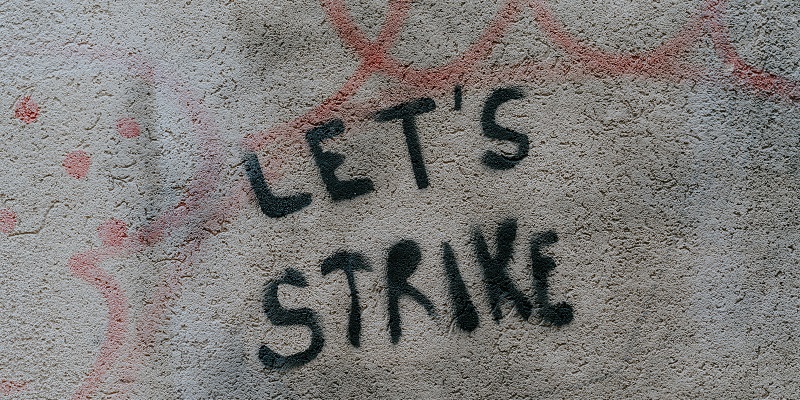California lawmakers recently passed Bill 799, a groundbreaking piece of legislation that will make employees eligible for unemployment benefits while on strike. With this move, California joins the ranks of just three states that authorize unemployment benefits for workers engaged in strikes. This article delves into the details of the bill, its implications for the labor movement, and the potential impact on employers and other states.
Bill Approval Process
After passing through California’s legislative process, the bill now awaits the signature of Governor Gavin Newsom. Once signed, the change will come into effect on January 1, 2024, giving workers a powerful tool to protect their financial stability during labor disputes.
Previous State of Affairs
Prior to the bill, California, like most states, denied eligibility for unemployment compensation to employees involved in “trade disputes” with their employers. This policy left striking workers without any recourse for financial support during their time of unemployment.
Proposed changes
Under the new legislation, employees who miss work due to a trade dispute, including those participating in strikes, will have their eligibility for unemployment benefits restored after just two weeks. This significant change in policy aims to provide financial security to workers engaged in labor disputes and reduce the burden on unions to fund strike benefits.
Implications of the Bill
If Governor Newsom signs this bill, the impact will extend beyond just California. The state’s recent surge in labor activity and strikes has brought to the forefront the issue of unemployment benefits for striking workers. By granting unemployment benefits, California sets a precedent that may influence other states to reconsider their stance on this matter and potentially introduce similar legislation.
Financial Consequences
While the bill empowers striking workers, it also imposes additional costs on employers. Employers in California already contribute funds to the state’s unemployment benefits program, and the inclusion of striking workers will mean a potential increase in their financial responsibilities. The allocation of resources to support unemployment benefits during labor disputes will undoubtedly be a new consideration for employers.
Potential Future Legislation
Given the ongoing rise in union activity and strikes across the country, it is possible that other states may follow California’s lead in seeking new legislation to grant unemployment benefits to striking workers. As more workers demand better labor conditions and exercise their right to strike, the pressure for change is likely to increase in states where such benefits are currently denied.
The passing of Bill 799 marks a groundbreaking moment for California workers and the labor movement. Granting unemployment benefits to striking workers not only provides essential financial support but also levels the playing field during labor disputes. The potential ripple effect of California’s move may inspire other states to reconsider their policies regarding unemployment benefits for striking workers. As the labor movement continues to gain momentum, it is imperative to address the financial well-being of workers engaged in strikes and ensure they have the support they need to exercise their collective rights.

